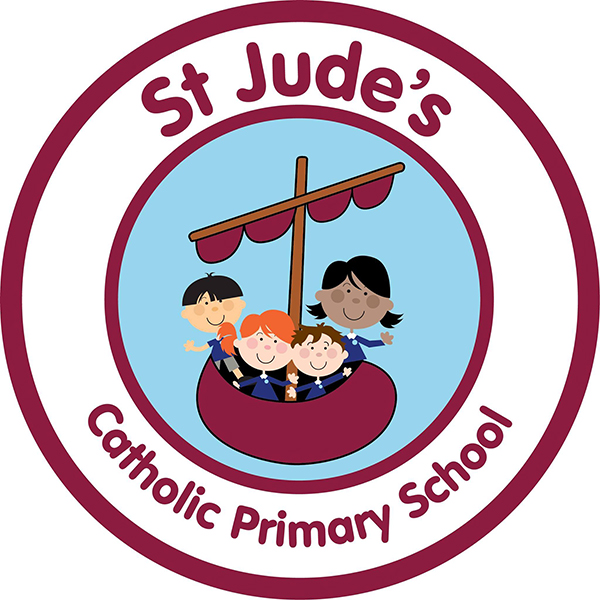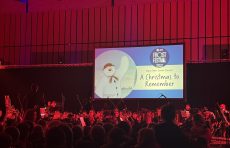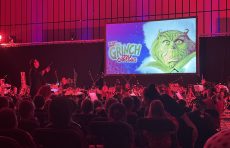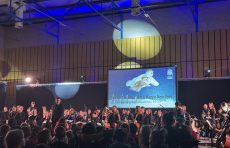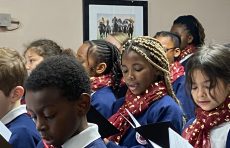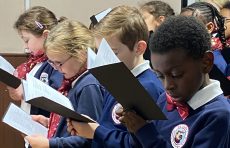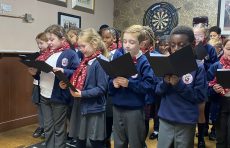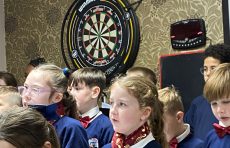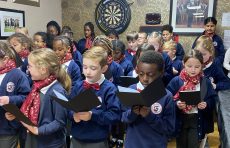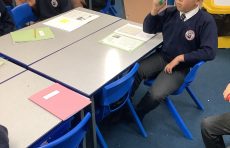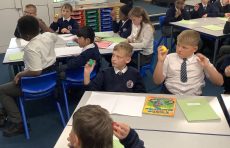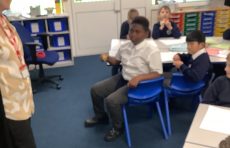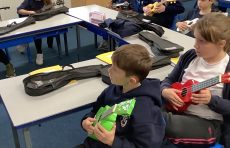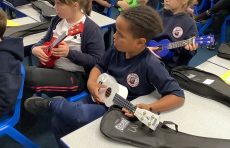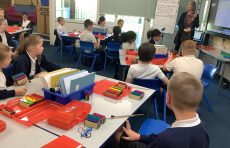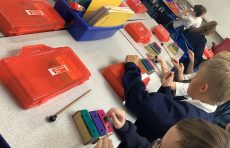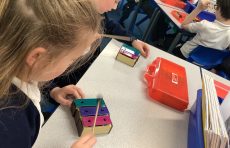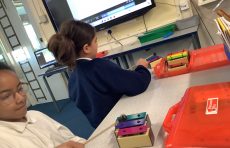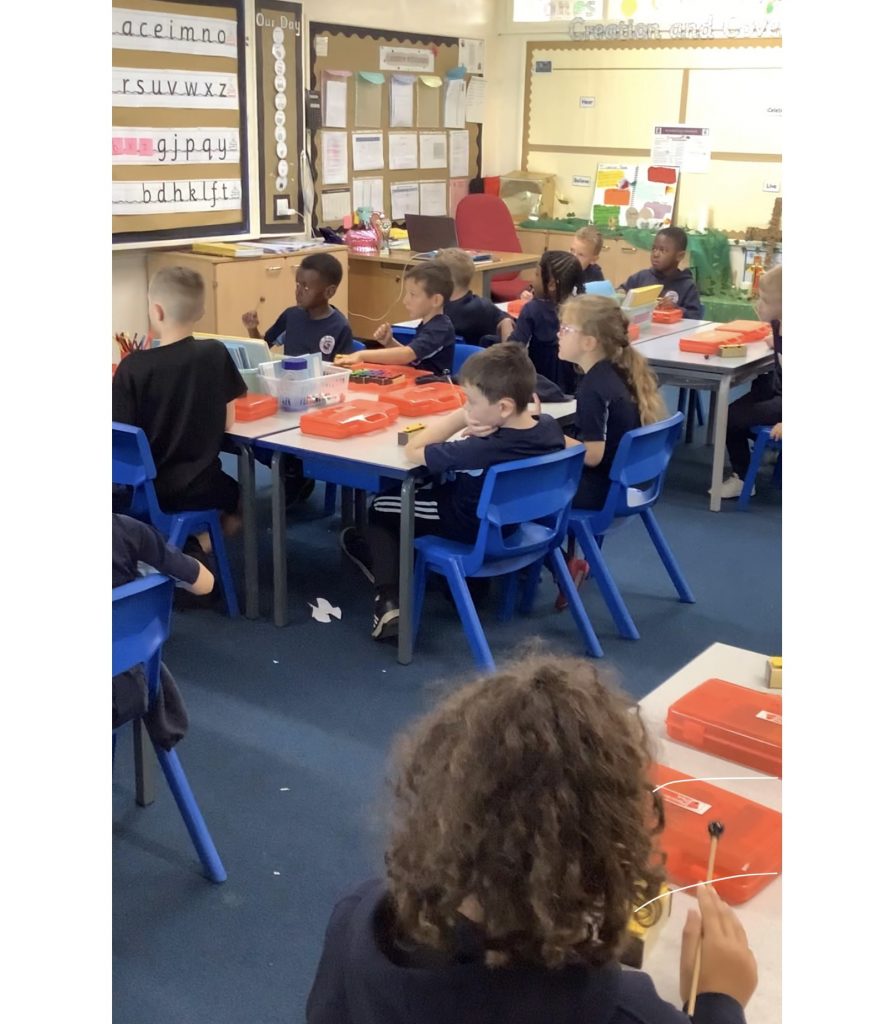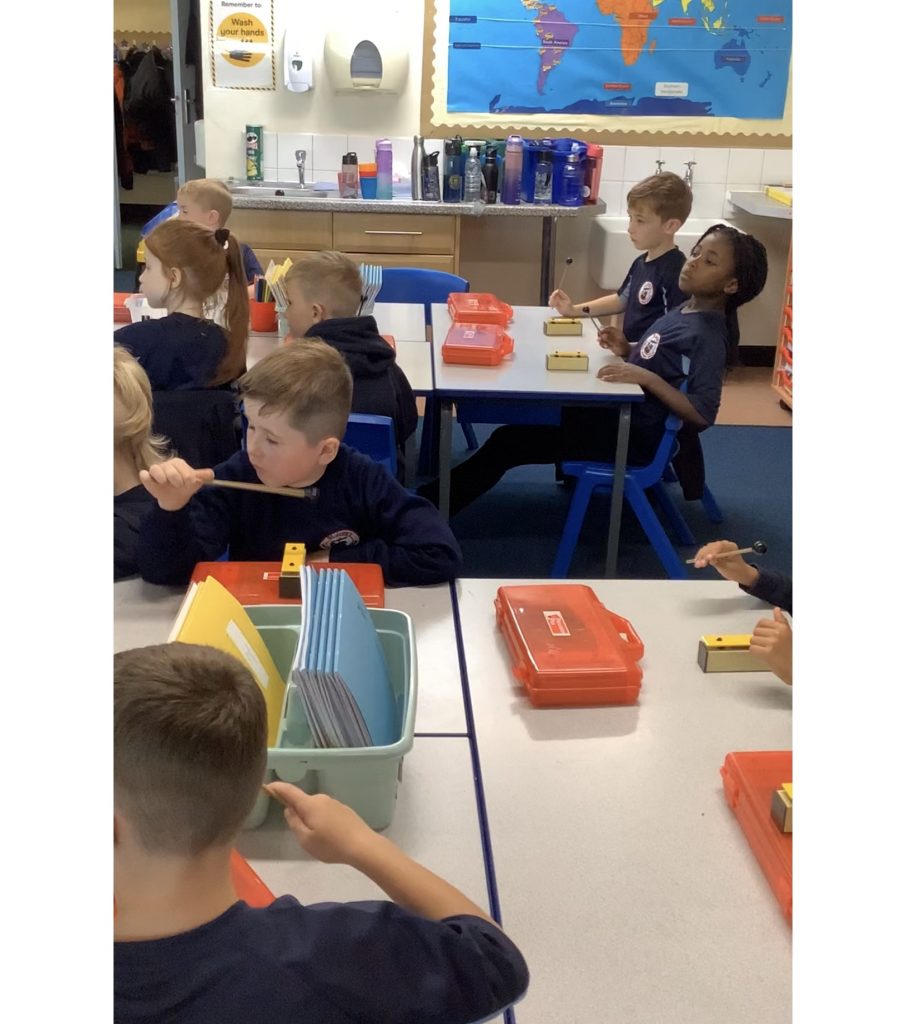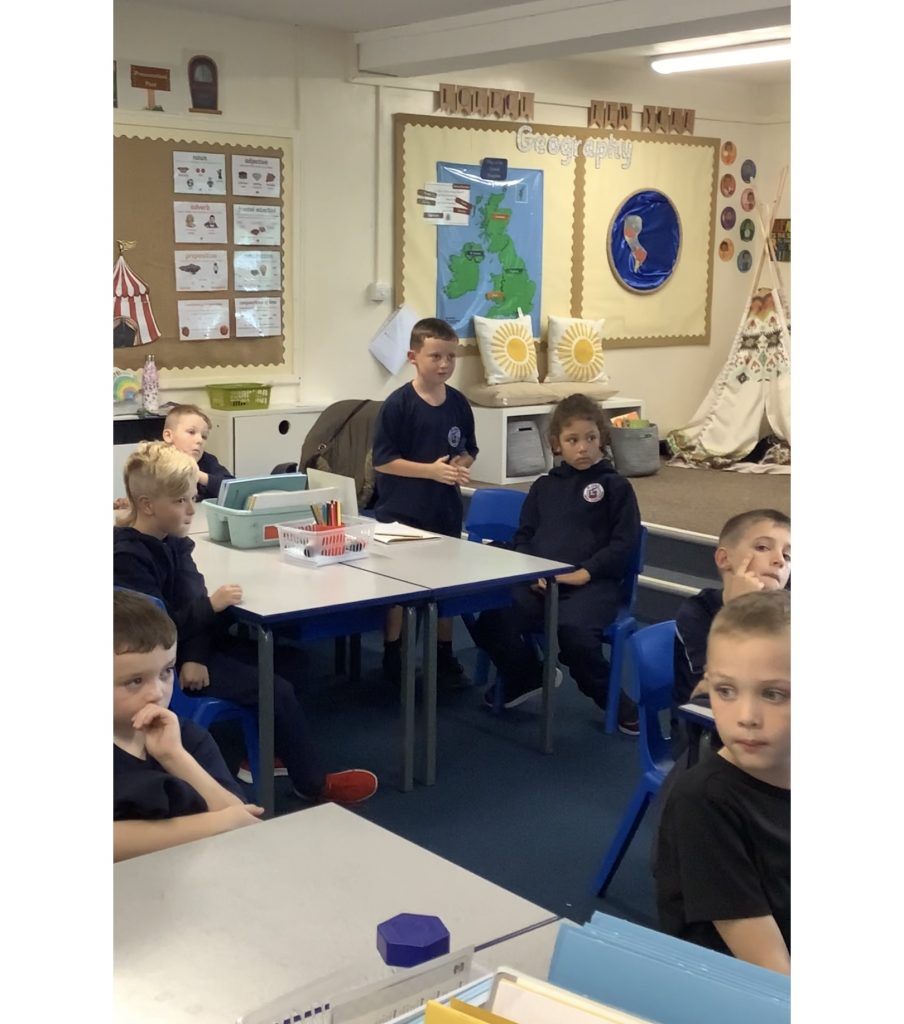Intent
Music teaching at St Jude’s aims to follow the requirements of the National Curriculum, providing a broad and balanced programme that ensures the progressive development of musical skills, knowledge and concepts. At St Jude’s we recognise that music plays an important part in helping children to feel part of a community and developing their self- confidence and creativity, and so we provide a wide range of opportunities for all children to nurture a love of music and their potential as musicians. Through assemblies, concerts, class and key stage performances children are able to express their emotions and experience the excitement and prestige of demonstrating their musical skills to an audience.
We recognise that an early start in music often results in musical engagement becoming a life-long passion, and whilst not all children will pursue a career in music, the seeds sown in the classroom will continue to flourish and enrich their lives.
At St Jude’s we enable children to experience and understand that playing an instrument or learning to sing requires concentration and perseverance. By regularly working in ensemble children are encouraged to recognise their own skills and appreciate those of others. This builds life skills and promotes the importance of working harmoniously with others towards a common goal.
The aims of our Music curriculum are to develop pupils who:
- Enjoy and critically engage with music from different traditions, genres and historical periods, including the works of the great composers and musicians.
- Sing and use their voices with confidence and expression.
- Create and compose music for a range of purposes, understanding how the interrelated dimensions can be used for intended effects.
- Use and understand musical notations, including staff notation.
- Play a range of classroom percussion instruments, both tuned and untuned, with fluency and control.
- Use music technology to capture and manipulate sounds.
- Perform confidently, showing an awareness of audience, place and occasion.
Implementation
The music curriculum at St Jude’s aims to provide a clear pathway for musical learning to promote high standards of achievement and to enable all children to achieve their full potential as musicians.
Learning in music focuses on six key strands as exemplified in the National Curriculum for Music and our progression framework: (i) singing, (ii) listening, (iii) playing, (iv) performing, (v) composing and improvising, (vi) notation and technology.
The strands of musical learning are part of a learning spiral across the key stages and are not intended to be linear. Over time, children will develop new musical skills and concepts and re-visit those already established. Repeating a musical skill enables children to make progress as skill levels shift within the spiral of learning and consequently achieve mastery.
Music is taught using the Charanga scheme of work, supplemented by the BBC Ten Pieces resources to ensure that children receive a broad and balanced exposure to music from different times, traditions, cultures and genres, including the works of the great composers, past and present. Each termly unit develops skills, knowledge and understanding across the six key strands and frequent opportunities are sought for children to share their work through performance.
Enrichment opportunities are provided throughout and beyond our music curriculum for all pupils.
Children in Reception participate in the CHIME music programme (Creating Happy and Imaginative Music Environments) provided by Wigan Council Music Service. CHIME is designed to provide a broad range of musical experiences for reception children that combine singing, listening and playing skills with opportunities to extend child-initiated music-making though continuous provision, ensuring that children are prepared for the next steps in their musical journey as they move into key stage 1.
Y4 children participate in the Wider Opportunities Programme in partnership with Wigan Council Music Service. Over the course of one year the children are able to experience the delights of learning to play a musical instrument in solo and ensemble contexts, develop perseverance needed to improve, know how to practise and prepare for regular public performances. Currently our Wider Opportunities Programme focuses on world percussion including African Djembe drumming, Brazilian Samba and orchestral tuned percussion.
Every class focuses on the music of a specific composer for a half-term. During this time, children listen to, compose and perform music inspired by the work of their class composer, take part in themed activity days and through this develop their understanding of where the composer’s music fits within the historical timeline.
The many opportunities to share and perform our music-making at St Jude’s include:
Annual Carol Concert (Years 2-6)
Christmas Nativity (EYFS-Year 2)
WOWS Music Festival (Key Stage 2)
We also embrace opportunities for children to experience live music performance and regularly welcome Hawkley Hall Band and the annual ‘Music Alive’ performance form Wigan Council Music Service.
Children also have the opportunity to participate in weekly 1:1 and small-group instrumental and singing lessons provided by Wigan Council Music Service. Lessons are available on all orchestral instruments, guitar, keyboard and voice.
Impact
Our music curriculum is designed to promote progression of skills, knowledge and understanding, and as in other subjects, discreet teaching of subject-specific vocabulary permeates each unit of work. The impact of our curriculum is measured using the following methods:
- Pupil voice
- Governor/subject coordinator monitoring
- Annual reporting and tracking of standards across the curriculum
- Collection of evidence of standards through audio and video recordings, pupil music folders, floor books, photographs
- Reflection on standards of achievement against planned outcomes
- Dedicated music leader time
Music Glossary of terms
music-keywords
Music Subject Overview
Music-Scheme-Overview-LTP-2024-2025
Music Skills Progression Map
Music-Progression-Map
Websites to explore music your child with music at home, click on each website to find out more
Explore the joy of classic music with your kids!
A guide to the Orchestra
Celebrating young and talented new musicians
World Music for children
Parent Toolkit – Musical activities
Ukulele Club
On Thursday 2nd February it was National Ukulele Day so our Ukulele Club played a rendition of ‘Best Day of My Life’ for the whole school. It was magical!
